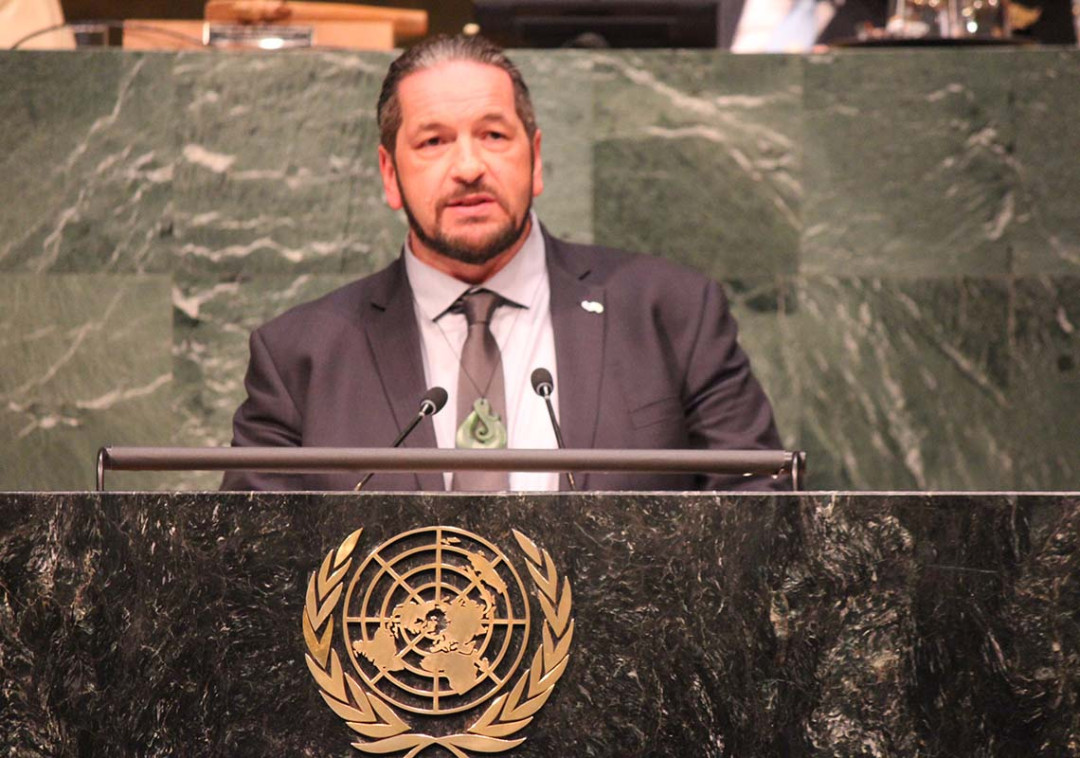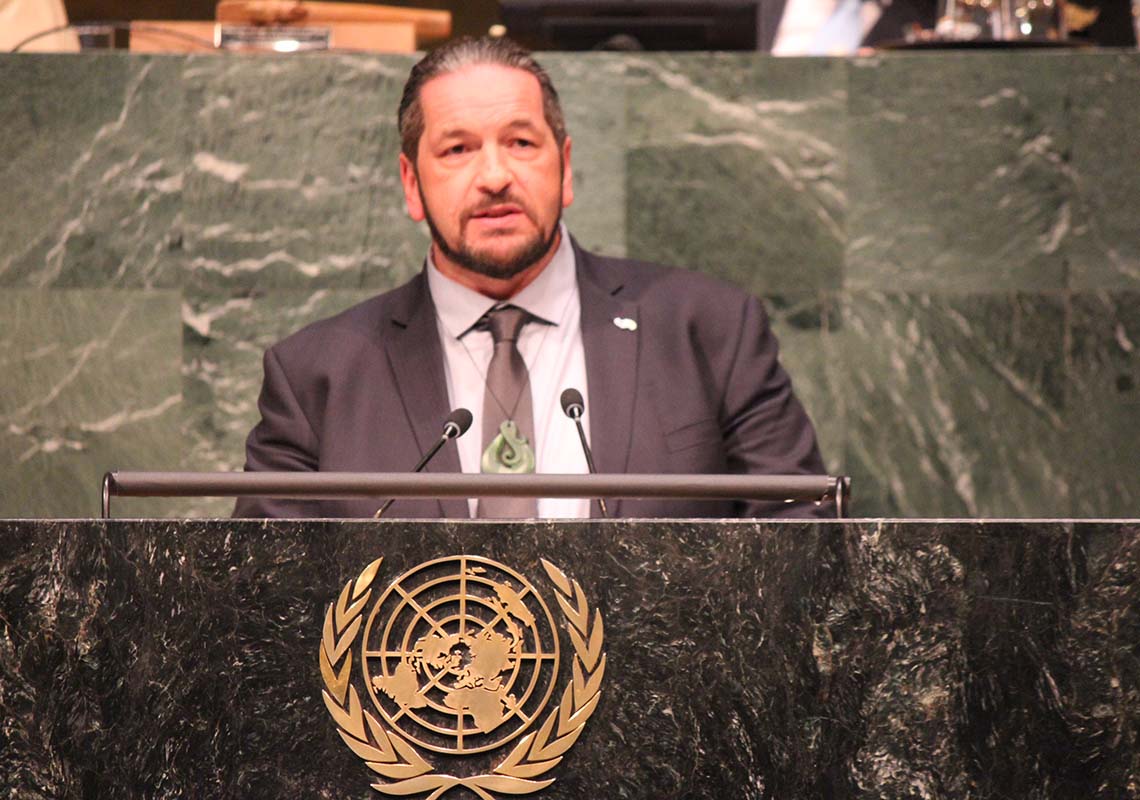Create a new drugs law for the modern world


It took seven months for Tuari Potiki to get a visa to speak at the UN because of a previous drug conviction.
Recently-departed chair Tuari Potiki explains why the lack of progress on drug harm in New Zealand is deeply personal, both to himself and other Māori.
When the cannabis referendum failed despite being so close, my daughter, having watched me over decades fight for health-based, fair drug laws, wrote something on Facebook that has compelled me to write this as the departing chairperson of the NZ Drug Foundation.
My tamāhine, in justifiable, youthful anger, said the laws we have are ‘’racist, because they unjustly criminalise us as Māori, because they’re outdated … I know everyone will be a bit gutted tonight but I just wanted to say ... I’m really really proud of you, Dad …’’
Her words and the outcome hit me hard and made me realise how deeply personal the lack of progress on drug harm in New Zealand is for me and for many Māori.
As one particularly ironic example, when I was asked to speak at the United Nations about drug law reform, it took seven months to get permission to enter the US.
It’s no surprise that the people most affected by drug harm – Māori and young people – overwhelmingly voted “yes” at the referendum."
Looking back, we have made progress. Just couple of weeks ago, checking drugs at festivals and elsewhere was legalised, to wide public acclaim – an improvement that will save lives. Something Know Your Stuff and NZ Drug Foundation have pushed for for years. And that I am stoked with.
However, even that was a bit of a slap in the face for Māori. At the same time as pill-testing was announced, progress on cannabis was ‘ruled out’. But the kind of drugs that young people take at festivals are financially out of the hands of most Māori. What is good for non-Māori youth cannot be extended to Māori?
In 2019-20 there were more than 3000 convictions for minor drug offences and about 40 per cent of those were Māori. Māori carry the burden of our drug laws, receiving 49 per cent of all convictions for drug possession and use, and they are more likely to go to prison for low-level offences than non-Māori.
Convictions don’t work. They hang over you forever and impact every facet of your life. But they have been proven to do nothing whatsoever to reduce drug use or harm among those unlucky enough – or Māori enough – to be caught.
All the recent government reviews of our health, mental health and justice sectors, along with the recent Wai 2575 claim (a Waitangi Tribunal Health Services and Outcomes Inquiry hearing all claims concerning grievances relating to health services and outcomes of national significance for Māori) reflect back the pervading view of the nation now, which is that drug use should be treated as a health issue.
The public mood is for change. The referendum may have lost, but it was an ambitious proposal, and we know a good number of the no votes are supportive of some decriminalisation, or a lesser legalisation.
It’s no surprise that the people most affected by drug harm – Māori and young people – overwhelmingly voted “yes” at the referendum. The special votes counted in Māori electorates put the “yes” vote at about 80 per cent – that’s a huge majority.
The Government has a moral obligation to do something about the inequities caused by our drugs law, regardless of how the referendum vote went on the day. The problems caused by prohibition haven’t just gone away.
With so many Māori MPs in Government this term, we challenge them particularly. Respond to what Māori voters are telling you, and do what’s clearly the right thing from a public health and social justice point of view. It’s time to throw out the Misuse of Drugs Act 1975 and replace it with a new law that’s fit for the modern world.
First published by stuff.co.nz, Jan 04 2021
Recent news

Beyond the bottle: Paddy, Guyon, and Lotta on life after alcohol
Well-known NZers share what it's like to live without alcohol in a culture that celebrates it at every turn

Funding boost and significant shift needed for health-based approach to drugs
A new paper sets out the Drug Foundation's vision for a health-based approach to drug harm

Expert Pharmac committee recommends funding for overdose reversal nasal spray
The expert committee has said funding for naloxone in the community should be a high priority

